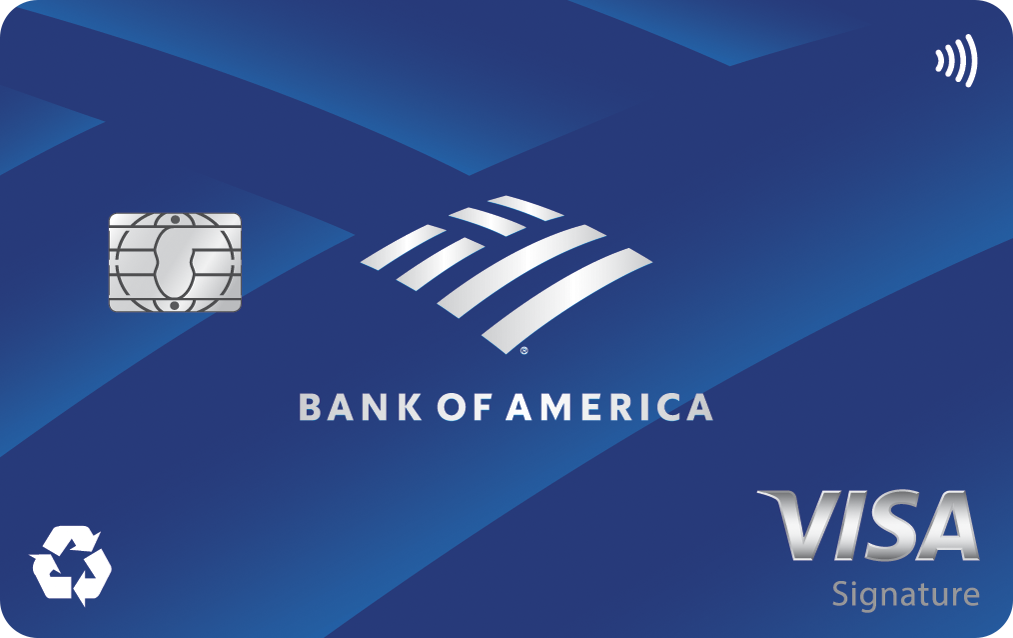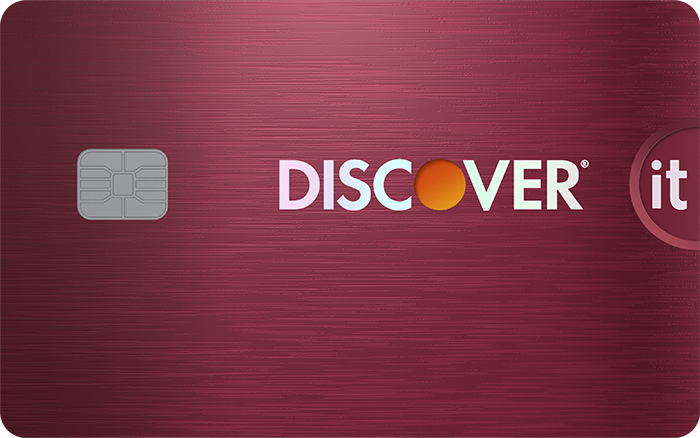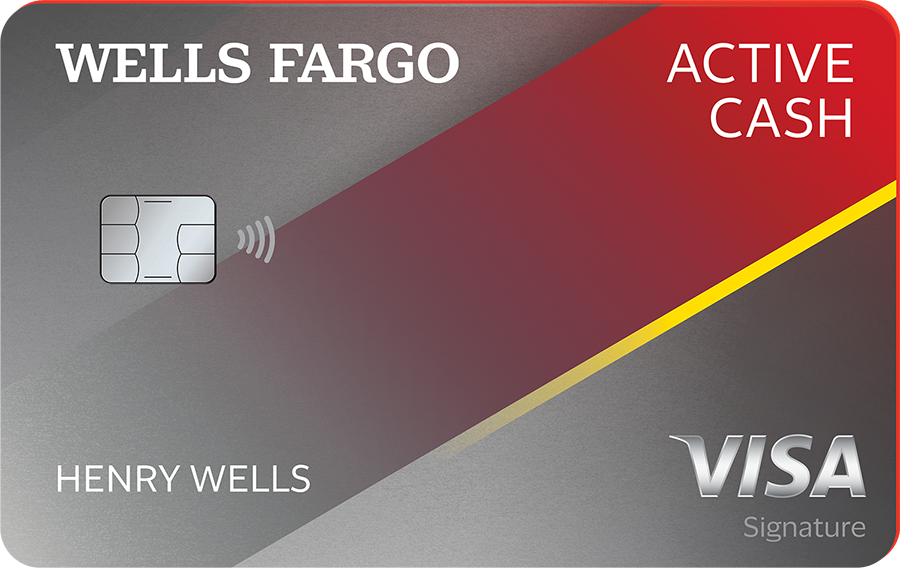Building your credit score can be tough. Whether you're starting from scratch or working to repair a low credit score, there are certain tools that will help you build a solid credit foundation a lot faster and with a lot less pain than other options.
One of those tools is a credit card. Opening a credit card and using the account responsibly by making purchases and paying your bill every month can be one of the best ways to build your credit. It's also one of the easiest -- especially if you're making purchases you would have already made with your debit card or in cash.
That said, actually securing a credit card that builds credit can often be easier said than done. If you have no credit score or a very low credit score, lenders can be wary of approving you for a credit card account. In some cases, this may lead you to look for other types of credit cards, like prepaid cards, to get the job done. But can you build credit with a prepaid card? Here's what you should know.
Does a prepaid credit card build credit?
No, prepaid credit cards do not help you build credit. That's because prepaid credit cards are not the same as credit cards. Prepaid cards are more like gift cards or debit cards than credit cards. You load money onto a card that you use in store or online to make payments, rather than borrowing from and then repaying a lender.
Because you aren't borrowing funds, the prepaid credit card does not have any information to report, like your payment history or balance, to the credit bureaus. Without that information to report, the card won't affect your credit score positively or negatively.
Credit card comparison
We recommend comparing options to ensure the card you're selecting is the best fit for you. To make your search easier, here's a short list of standout credit cards.
| Offer | Our Rating | Welcome Offer | Rewards Program | APR | Learn More |
|---|---|---|---|---|---|
|
Rating image, 4.50 out of 5 stars.
4.50/5
Our ratings are based on a 5 star scale.
5 stars equals Best.
4 stars equals Excellent.
3 stars equals Good.
2 stars equals Fair.
1 star equals Poor.
We want your money to work harder for you. Which is why our ratings are biased toward offers that deliver versatility while cutting out-of-pocket costs.
|
Discover will match all the cash back you’ve earned at the end of your first year. | 1% - 5% Cashback Earn 5% cash back on everyday purchases at different places you shop each quarter like grocery stores, restaurants, gas stations, and more, up to the quarterly maximum when you activate. Plus, earn unlimited 1% cash back on all other purchases. |
Intro: Purchases: 0%, 15 months Balance Transfers: 0%, 15 months Regular: 18.24% - 27.24% Variable APR |
||
|
Rating image, 5.00 out of 5 stars.
5.00/5
Our ratings are based on a 5 star scale.
5 stars equals Best.
4 stars equals Excellent.
3 stars equals Good.
2 stars equals Fair.
1 star equals Poor.
We want your money to work harder for you. Which is why our ratings are biased toward offers that deliver versatility while cutting out-of-pocket costs.
|
$200 cash rewards Earn a $200 cash rewards bonus after spending $500 in purchases in the first 3 months. | 2% cash rewards Earn unlimited 2% cash rewards on purchases. |
Intro: 0% intro APR for 12 months from account opening on purchases and qualifying balance transfers Purchases: 0% intro APR, 12 months from account opening Balance Transfers: 0% intro APR, 12 months from account opening on qualifying balance transfers Regular: 19.24%, 24.24%, or 29.24% Variable APR |
||

Apply Now for Bank of America® Travel Rewards credit card
On Bank of America's Secure Website. |
Rating image, 4.00 out of 5 stars.
4.00/5
Our ratings are based on a 5 star scale.
5 stars equals Best.
4 stars equals Excellent.
3 stars equals Good.
2 stars equals Fair.
1 star equals Poor.
We want your money to work harder for you. Which is why our ratings are biased toward offers that deliver versatility while cutting out-of-pocket costs.
|
25,000 points 25,000 online bonus points after you make at least $1,000 in purchases in the first 90 days of account opening - that can be a $250 statement credit toward travel purchases | 1.5-3 points per dollar Earn unlimited 1.5 points per $1 spent on all purchases, with no annual fee and no foreign transaction fees, and your points don't expire as long as your account remains open. Earn 3 points per $1 spent on travel purchases booked through the Bank of America Travel Center. |
Intro: 0% Intro APR for 15 billing cycles for purchases. 0% Intro APR for 15 billing cycles for any balance transfers made in the first 60 days. After the intro APR offer ends, 18.24% - 28.24% Variable APR on purchases and balance transfers will apply. A 3% fee for 60 days from account opening, then 4% fee applies to all balance transfers. Balance transfers may not be used to pay any account provided by Bank of America. Purchases: 0% Intro APR for 15 billing cycles for purchases Balance Transfers: 0% Intro APR for 15 billing cycles for any balance transfers made in the first 60 days Regular: 18.24% - 28.24% (Variable) |
Apply Now for Bank of America® Travel Rewards credit card
On Bank of America's Secure Website. |
How do prepaid credit cards work?
A prepaid credit card is exactly what it sounds like: It's a card you load money onto, typically from your bank account via direct deposit or with cash. When the money that you loaded onto the card has been used, the card will no longer work unless you reload it with more money.
You can use these cards almost anywhere you would use a credit card. Grocery stores, retail stores, online merchants, utility companies, and other platforms typically accept these types of cards, though it depends on the type of prepaid credit card you choose and the retailer's policies.
These cards can be useful for budgeting purposes or for people who don't have access to a bank account or debit card, but there are some potential downsides. For example, most prepaid cards have monthly fees. Some will also charge you for other actions, like loading cash onto the card. If you're considering one of these cards, it's important to do your research and make sure the card does not come with a ton of fees you'll have to pay.
And, if you're looking for a credit card that builds credit, you may want to opt for a completely different type of card instead -- which may include one of the card types below.
Credit-building alternatives to a prepaid card
The good news is that while prepaid credit cards won't help build credit, there are other types of credit cards that will allow you to build your credit score -- and you can typically qualify for them with a low or no credit score. These include the following options:
Secured credit cards
Secured credit cards are one of the better options for people trying to build credit. These cards work like regular credit cards, but the main difference is that you have to put down a security deposit, which is typically the equivalent of your credit limit. For example, if you put down a $500 deposit on a secured credit card, you will have a $500 credit limit.
There is a wide range of options for secured credit cards, and many major card issuers will offer these to customers who don't qualify for a typical credit card. Some will require credit checks, others won't. But these cards are meant to help you build credit, so they do report to the credit bureaus each month -- just like a regular unsecured credit card.
TIP
A secured credit card can be a great way to build your credit score. With a secured card, you won't need to have good credit or even a credit score at all to qualify. You simply apply and pay a refundable deposit to open your account. Your card information will be reported to the credit bureaus each month, and with good habits, your credit score will grow.
Just like a regular credit card, you receive a bill each month for what you spent during the prior billing cycle, which you will pay to the lender. Your security deposit is simply held in case you default (stop making payments); it's not a replacement for your monthly payments. And in nearly all cases, the secured credit card deposit is refundable after a certain period of time -- or when you close your card -- as long as your account is in good standing. If you default, the credit card issuer keeps your deposit.
The reason that these card issuers require a deposit is that it's risky to lend money to borrowers with no or low credit scores. The security deposit ensures that the lender won't lose money if the borrower defaults.
Store credit cards
Store credit cards, or cards that are limited to use in a particular retail store, can also help you build credit -- and in most cases, you won't need to put up a security deposit, even if you have bad credit. These cards are unsecured, meaning the lender gives you a credit card limit based on your credit score and financial picture, and you do not have to put any money down. That said, the limits on these cards are typically a lot lower than you would get with a regular credit card.
The upside is that these cards report to credit bureaus every month, so if you use them responsibly, they will help you build credit. There are some downsides, though, including the card's limited use -- you can often only use them at certain stores -- and the typically high interest rates.
Authorized user
Another option for building credit is becoming an authorized user on someone else's credit card. If you have a friend or family member with good or great credit who's willing to add you to their credit card account, their on-time payments and responsible credit card use will help you build your credit score.
As an authorized user, you get your own card on their account, the ability to use the credit card as you would any other credit card, and the credit benefits that come with their responsible account use. What you don't get, however, is the legal liability in case they default.
Becoming an authorized user is one of the easiest ways to build credit and obtain a credit card, but you should make sure to understand the whole picture when taking this route -- as should the person who's adding you to their account. If you use the card, you will be responsible for your portion of the bill, so those details need to be solidified before you are added as an authorized user to someone else's account.
Final thoughts
A prepaid credit card won't help you build credit, but there are a few other options you have for building credit with a credit card. Being added as an authorized user, opting for a secured credit card, or getting a store card can help you build credit, as all three options report to the credit bureaus each month. If used responsibly, these types of credit cards will have you on your way to building great credit in no time.
Ready to get started? Check out our picks for the best credit cards.
FAQs
-
Yes, you can get a prepaid credit card with no credit score. There are no credit checks or applications with prepaid credit cards, and these cards are not tied to your credit in any way. You simply load money onto the card and use it as you would a debit card. As such, you won't build credit with a prepaid credit card, but you also do not need a credit score to obtain one.
-
If you're a student, it's a good idea to consider student credit cards. They often come with lower credit limits than other types of cards, but the best student credit cards don't include excessive fees and many have cash back and rewards that are geared toward the college lifestyle (dining, travel, and so on).
We're firm believers in the Golden Rule, which is why editorial opinions are ours alone and have not been previously reviewed, approved, or endorsed by included advertisers. Motley Fool Money does not cover all offers on the market. Motley Fool Money is 100% owned and operated by The Motley Fool. Our knowledgeable team of personal finance editors and analysts are employed by The Motley Fool and held to the same set of publishing standards and editorial integrity while maintaining professional separation from the analysts and editors on other Motley Fool brands. Terms may apply to offers listed on this page.
The Motley Fool owns shares of and recommends Visa.

